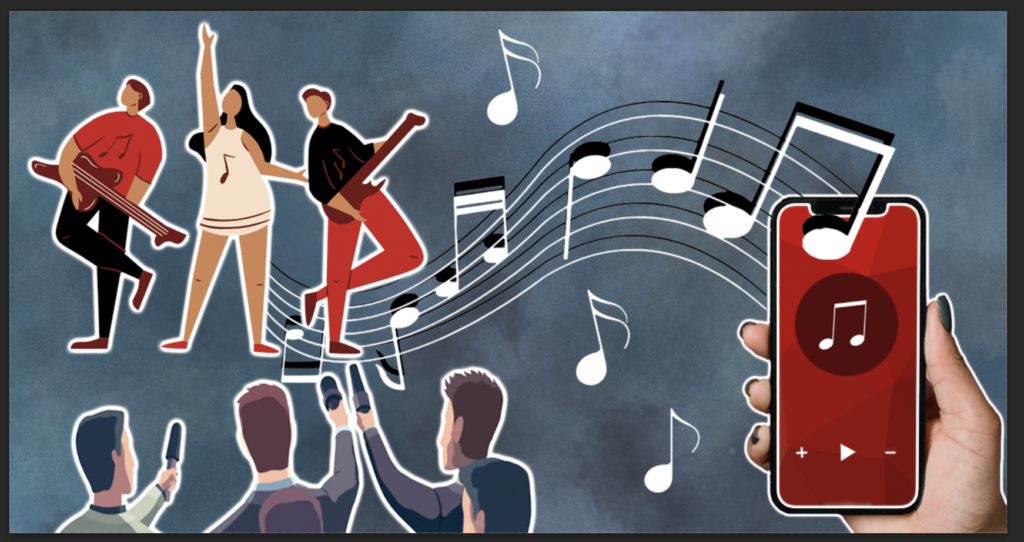How Technology Became the Frontman for Music Journalism

The digital era has turned both music journalism and music consumption upside down. The Review talks to Josephine Cruz and Aaron Small, two veterans, to help explain its impact on their music writing. Cruz’s experiences have led her to appreciate the use of social media and streaming platforms in helping new artists get discovered, while Small expresses the loss of in-person experiences and the lessening significance of radio.
“I got into journalism in Calgary because I was a party girl,” says Cruz, who also works as a DJ, digital content strategist, and creative producer. As a freelance journalist, she has written for publications such as Vice, Complex, and Hypebeast. She also co-owns Bare Selection, a record label that focuses on garage, grime, rap, and dancehall music. Cruz’s passion for being at the heart of nightlife action propelled her from party enthusiast to media professional. “Everyone would hit me up, asking me what was happening in the city that day or month. Eventually, I realized that I was suited to sharing the things that I thought were cool with people in a more official way.”
Cruz began her career in 2008 when she first started freelancing for music publications, writing music reviews and other stories about Calgary’s music scene. She remembers a vibrant era when print alternative weeklies and blogs dominated the medium. “It was a bit like the Wild West because anybody with an internet connection could become a music critic,” she says. The paradigm shifted, she continues, when streaming services became more prevalent. “People don’t need to read about artists to discover them anymore.” Music consumers realized they no longer needed to tediously load music files onto their computers, and that all the music they desire, including new music, was a couple of clicks away.
Despite the rapidity of the changes, the advancements have brought positive aspects to music journalism. “I’m a bit of a techno-optimist,” says Cruz. “Overall, social media and streaming services are good for artists—especially smaller artists—even though there are lots of problematic things.” Things like, musicians may be less successful online, producers may not discover them in person, and the money accrued from plays on streaming services is peanuts.
Cruz actively seeks out new artists through social media platforms such as TikTok and Instagram, looking to help them get media attention. The changing landscape has led her to find alternate ways to support the artists she admires, such as incorporating their songs into playlists and DJ mixes, and involving them in brand partnerships. She says the pandemic proved that while the online world constantly flourishes, nothing replaces the experience of live performance.
Cruz also says the pandemic highlighted the existence of an audience consuming music exclusively through digital platforms because of health or accessibility reasons. “There are literally millions of music fans who only ever take in music via their phone or computer,” says Cruz, “and they’ll never go to a live show.”
On the other hand, Small, a music journalist at Canadian heavy metal and hard rock magazine BraveWords, began his career in high school in the early 1990s, when he was captivated by magazines such as Circus, Hit Parader, Metal Edge, and RIP. Eventually, he met Tim Henderson, head of the metal department at retail music outlet HMV and creator of a fanzine called Brave Words & Bloody Knuckles. Henderson gave Small his first opportunity to write about music. Fast-forward 30 years, Small is still writing for Henderson.
Reflecting on change over the decades, Small says, “The landscape has changed drastically. No one needs to wait 30 days for the next issue of their favourite magazine to hit the newsstands.” This has led to print becoming less significant and more expensive. “The mailbox outside the front door of my house used to overflow with CDs from record companies, PR firms, and bands looking for coverage. Now, that’s switched to my inbox bursting, with well over 100 emails daily.” And writing for an online magazine, Small appreciates the freedom from page-count constraints for interviews and album reviews.
And musicians have changed tactics as well. Small says bands have shifted from traditional websites to self-promotion via platforms such as Facebook, YouTube, Instagram, and Twitter. “It’s much easier for up-and-coming bands to contact you online,” he says, “as opposed to using the postal service.”
In addition to social media, Small says streaming services have played a huge role in transforming music journalism, with platforms such as Spotify, iTunes, and Amazon Music reshaping how listeners discover and consume music, which has recalibrated the significance of FM Radio. While many still listen to radio in their cars, streaming services threaten to make radio less relevant.
Despite the convenient access to music both new and old, Small believes a vibrant club scene is essential for rock and metal music to thrive. “Thankfully,” he says, “the Opera House, Lee’s Palace, and the Horseshoe are still around.”
They are, except the post-Covid concert/club scene still faces stiff challenges in the Greater Toronto Area. Between the traffic and parking nightmares, the soaring ticket prices, and persistent inflation, live experiences have become unaffordable for many music fans. Still, the personal nudge has a certain advantage over algorithms. “With streaming services recommending artists you may like, based on your current favourites, it’s easy to sit at home and let technology do the work for you,” Small says. “However, nothing beats a friend calling you and saying, ‘Hey, have you heard the new song from this band? It’s amazing!’”
About the author
Lauryn Kovacs is a fourth-year undergraduate journalism student at Toronto Metropolitan University. Her interests include singing, songwriting and making illustrations. When she is not writing she is napping whenever possible.


